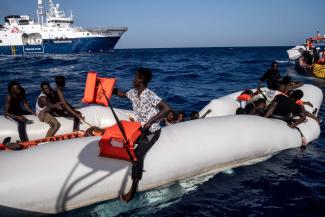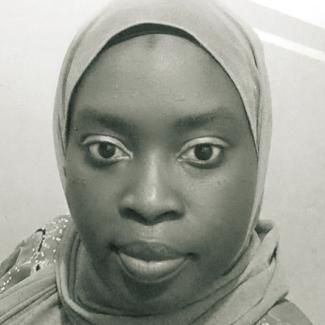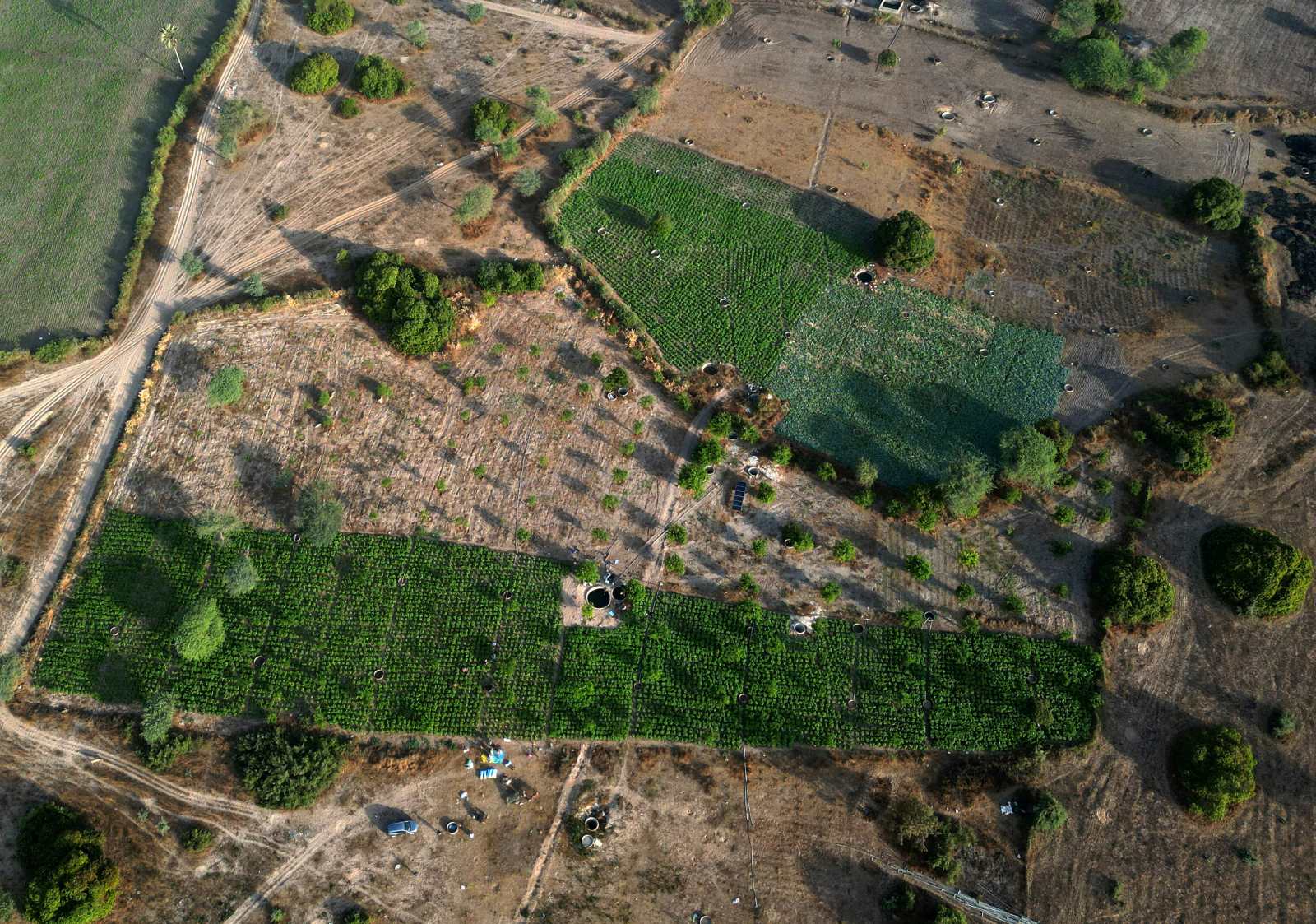ECOWAS
Migration from West Africa should not be a crime

To judge by international media coverage, migration mostly occurs from developing countries to high-income countries. The truth is that people from member countries of the Economic Community of West African States (ECOWAS) tend to stay in their own world region. These migration patterns have evolved since independence. They actually conform with the ECOWAS goals of free traffic of persons and goods.
For about two decades, EU policies have put a break on such traffic. For domestic reasons, the EU wants to restrict migration to Europe, with some exceptions made for high-skilled persons. Accordingly, the EU has put pressure on African countries to tighten border controls. While the EU officially supports regional integration in Africa, its insistence on border controls is an obstacle to integration.
In economic terms, migration matters very much in West Africa. The survival of entire communities, especially in rural areas, depends on it.
Migration is often a family effort. People help relatives to grasp opportunities in a faraway place, and in return, those migrants send home money. Destinations include urban centres, neighbouring countries and places overseas. Only few Senegalese families do not have any relatives abroad.
Too few prospects at home
Young people opt for migration in order to save themselves. All too often, they simply cannot find prospects at home. Traditional sectors such as fisheries and agriculture do not provide attractive livelihoods (see box). These sectors are struggling due to international competition, which EU policies have helped to foster.
Attractive formal employment opportunities are scarce. Neither Senegalese policymaking nor international development cooperation have changed that. Education opportunities are poor too. Private institutions charge expensive tuition, and state universities are overcrowded.
Young people try to adapt as best as they can. Many end up as informal traders in agglomerations like Dakar. Competition for promising locations is very tough, however, so many fail to gain a foothold. It is deeply ironic that they are classified as “informal” workers even though they pay taxes.
Senegal thus retains a reputation for being a country from where migrants leave, through which migrants transit and where migrants from abroad arrive to stay. Legal migration to Europe or North America is hardly possible anymore. Public perceptions, moreover, have been shaped by European ideas.
People are constantly told that they can succeed at home and should therefore stay in Senegal. Young people who die of thirst in the Sahara or drown in the Mediterranean in attempts to reach Europe are no longer considered to be victims. They are accused of being unambitious, under-achieving and suicidal.
Migration seen as human trafficking
Under EU pressure, Senegal has equated migration by boat with criminal human trafficking. Accordingly, many young people opt for other life-threatening options. Even the intention to leave the country is now considered to be illegal. This is deeply problematic. After all, the accused persons are entitled to being in Senegal due to their citizenship of either Senegal or another ECOWAS member.
European Frontex agents, moreover, are supporting controls along Senegal’s land borders. They are making migration within ECOWAS more difficult and isolating the country from its neighbours. So far, the government has not concluded a formal agreement with Frontex, but the mere presence of European agents raises concerns.
Government action remains non-transparent moreover. Civil-society organisations do not know what negotiations the government is involved in and what it wants to achieve in its relations with EU partners. To fulfil their role as public watchdogs, independent organisations need more information. They should take part in international talks as observers.
The policies of Senegal’s government obviously serve European interests. The EU’s approach to migration, however, focuses entirely on security issues, but disregards many other important things such as inequality and social justice, abuses of human rights and democratic principles, non-transparent administration and the discrimination of women. All of these things, of course, feed people’s desire to leave.
Indeed, grievances are so serious that Senegal’s reputation as a democracy looks questionable. Public opinion is being manipulated and policymakers do not live up to election promises. The law entrenches gender inequality. The vast majority of people are farmers or working in the informal sector. They all lack social protection, including, for example, old-age pensions. That the livelihoods of millions of people is called “informal” is evidence of how dysfunctional the postcolonial state really is.
The needs of disadvantaged communities do not count
The rules of international migration are made by the dominant economic powers. They consider migration to be a threat even though they need it. They claim the authority to decide who is a good and who is a bad migrant. The needs of disadvantaged communities in low-income countries do not count. This attitude is racist and xenophobic.
In the 19th century, masses of Europeans left for America. Their exodus eased the poverty that marked the industrial revolution. Today Africa needs that kind of support. In view of strong population growth and overburdened economies, migration is a natural phenomenon. The EU should facilitate it. Instead, it is interfering in the domestic affairs of African countries in attempts to prevent it to the extent possible.
Fatou Faye belongs to the staff of the Rosa Luxemburg Foundation’s West Africa office in Dakar. The foundation is close to Germany’s Left party.
fatou.faye@rosalux.org













